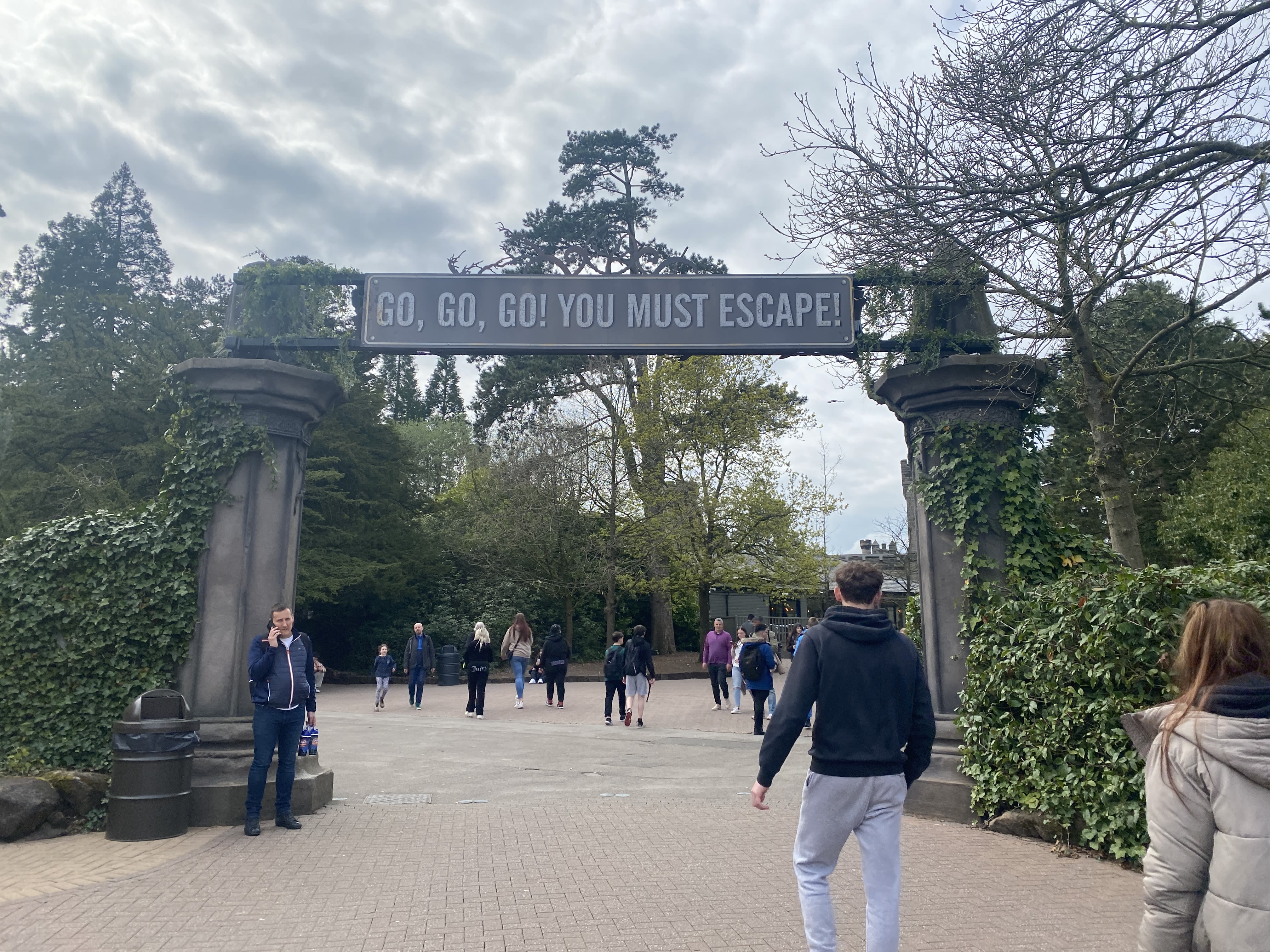Coasterphobia
The intense fear of rollercoasters.
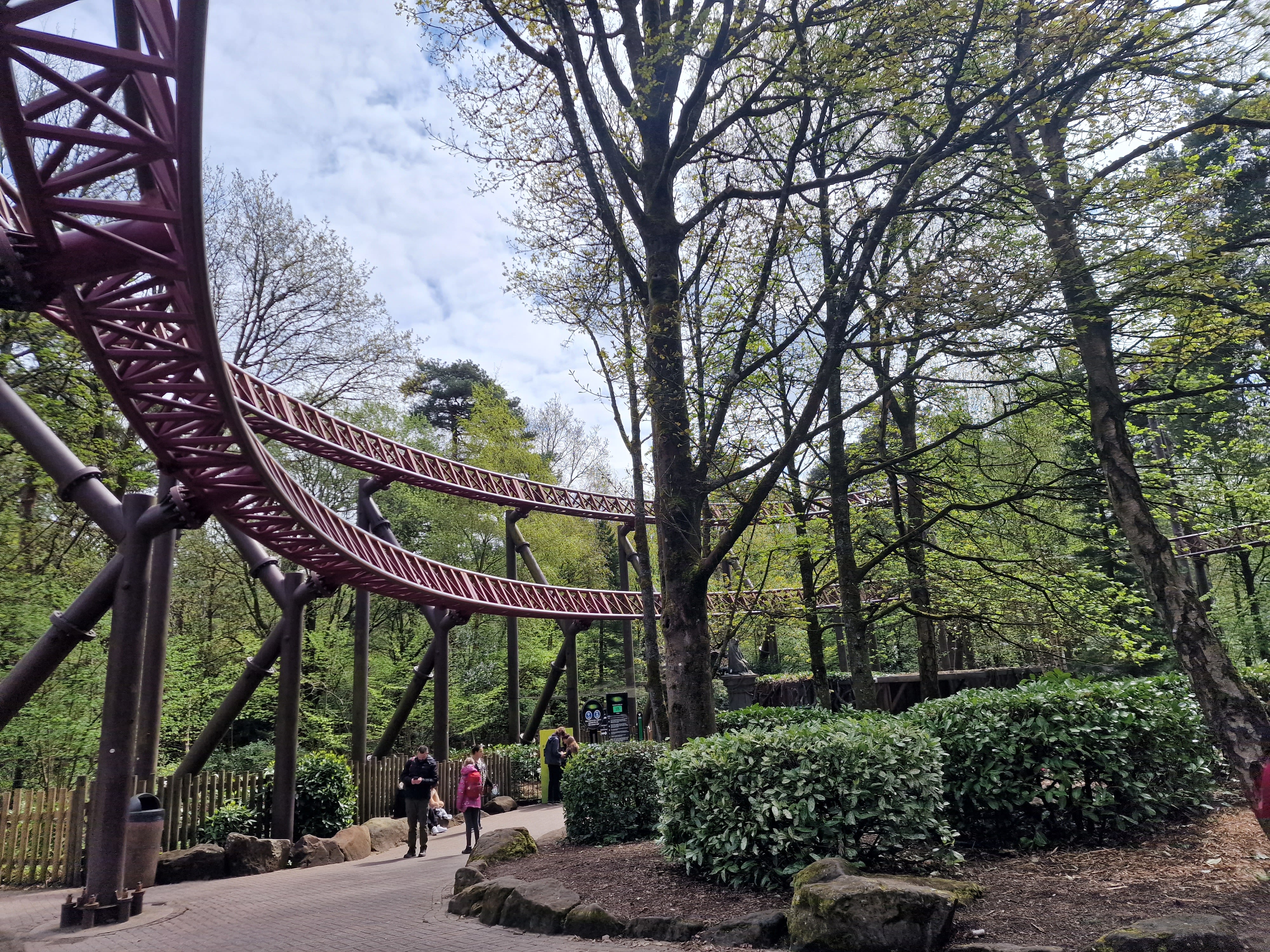
This story contains sound.
I am petrified of rollercoasters.
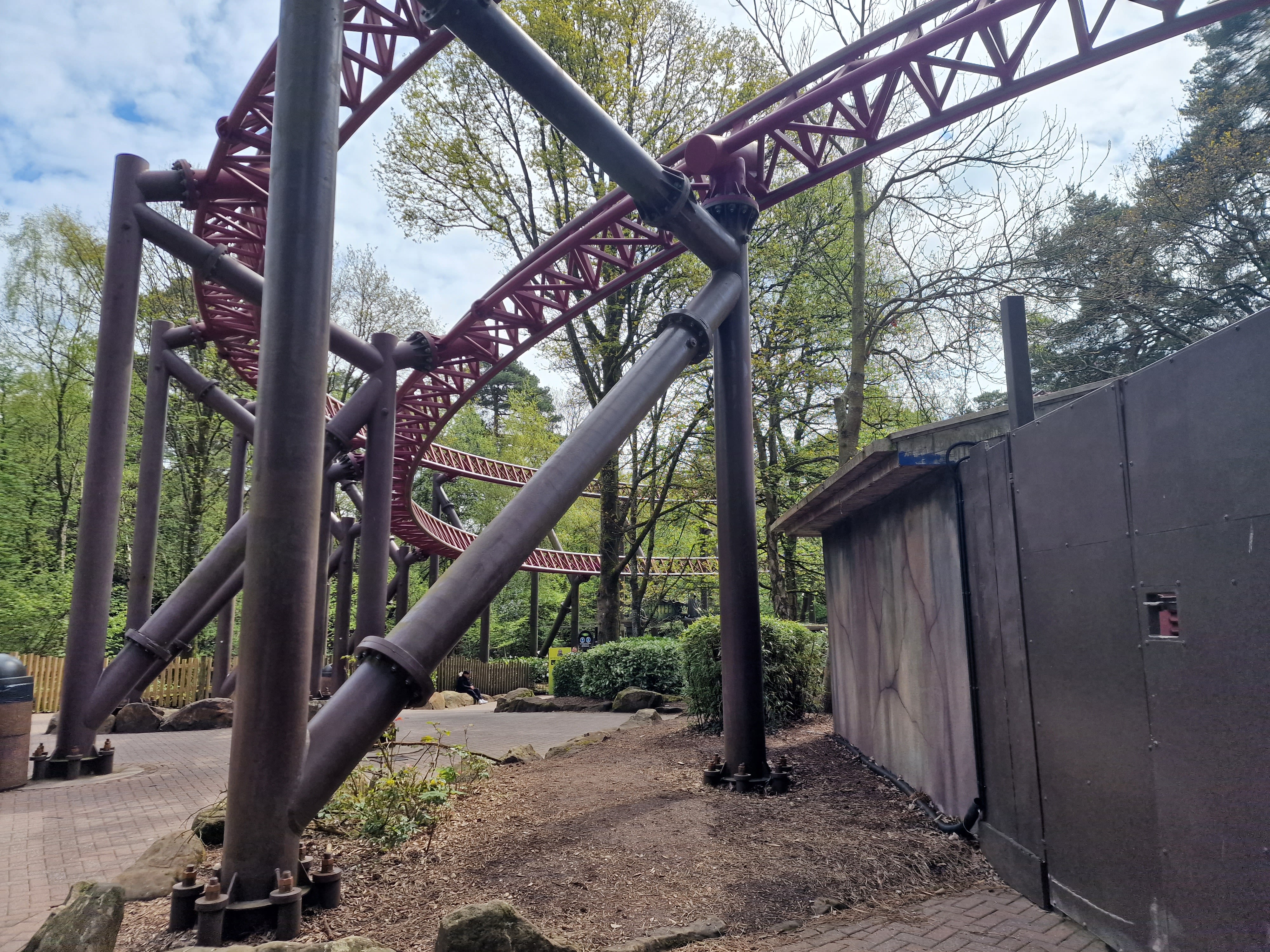
The creepy nature of theme parks.
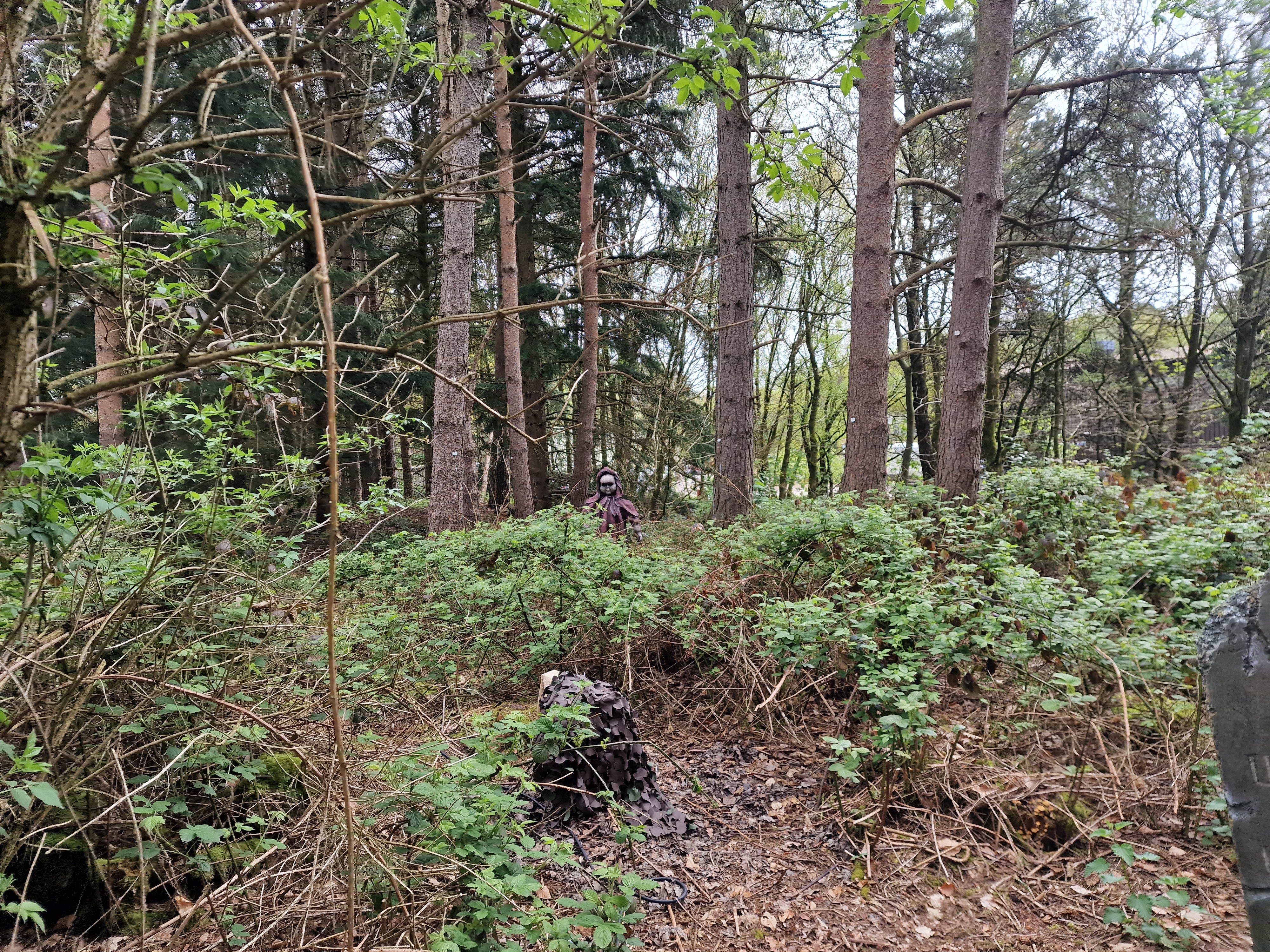
The danger of death.
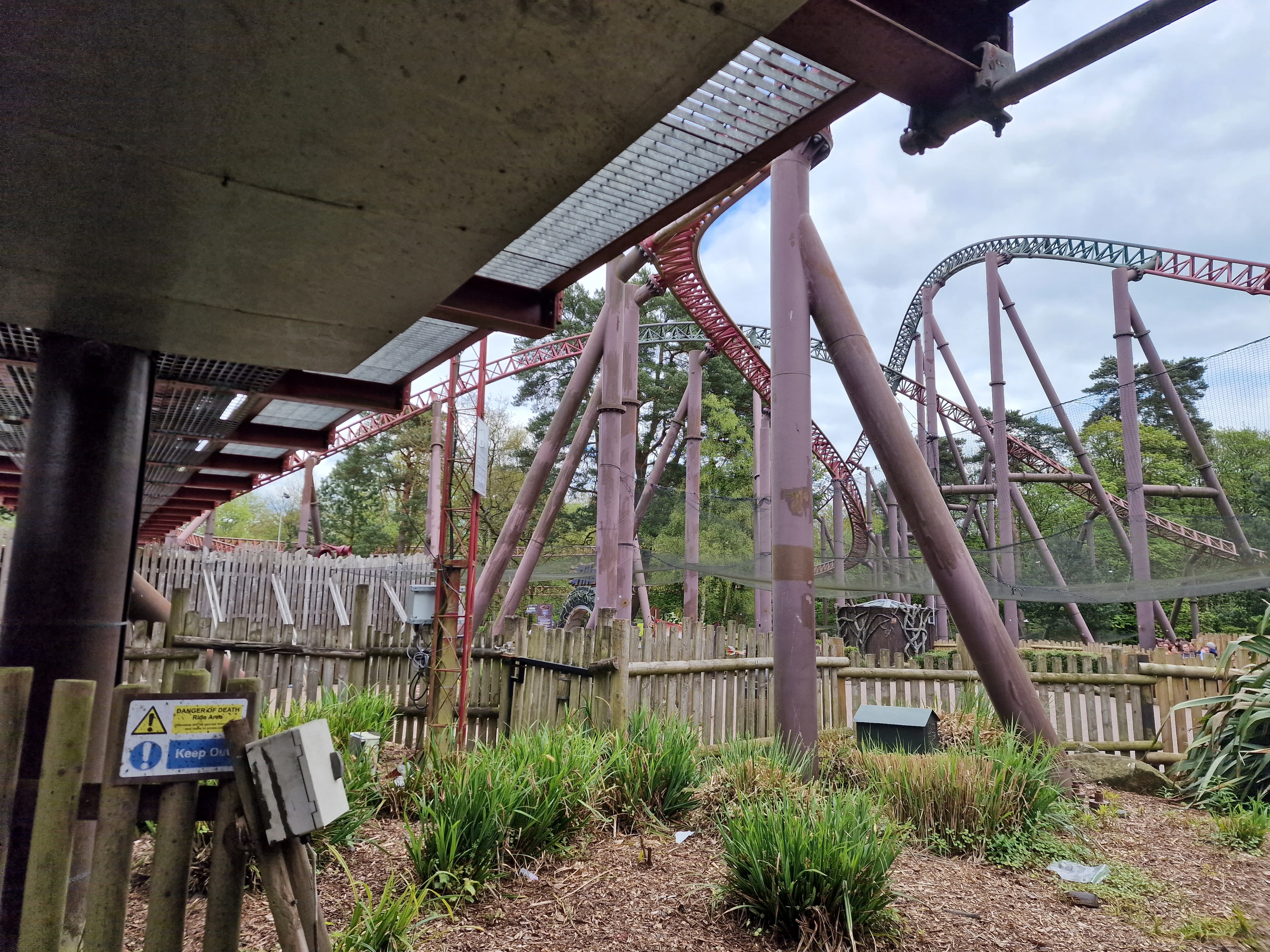
The speed.

There is no going back.
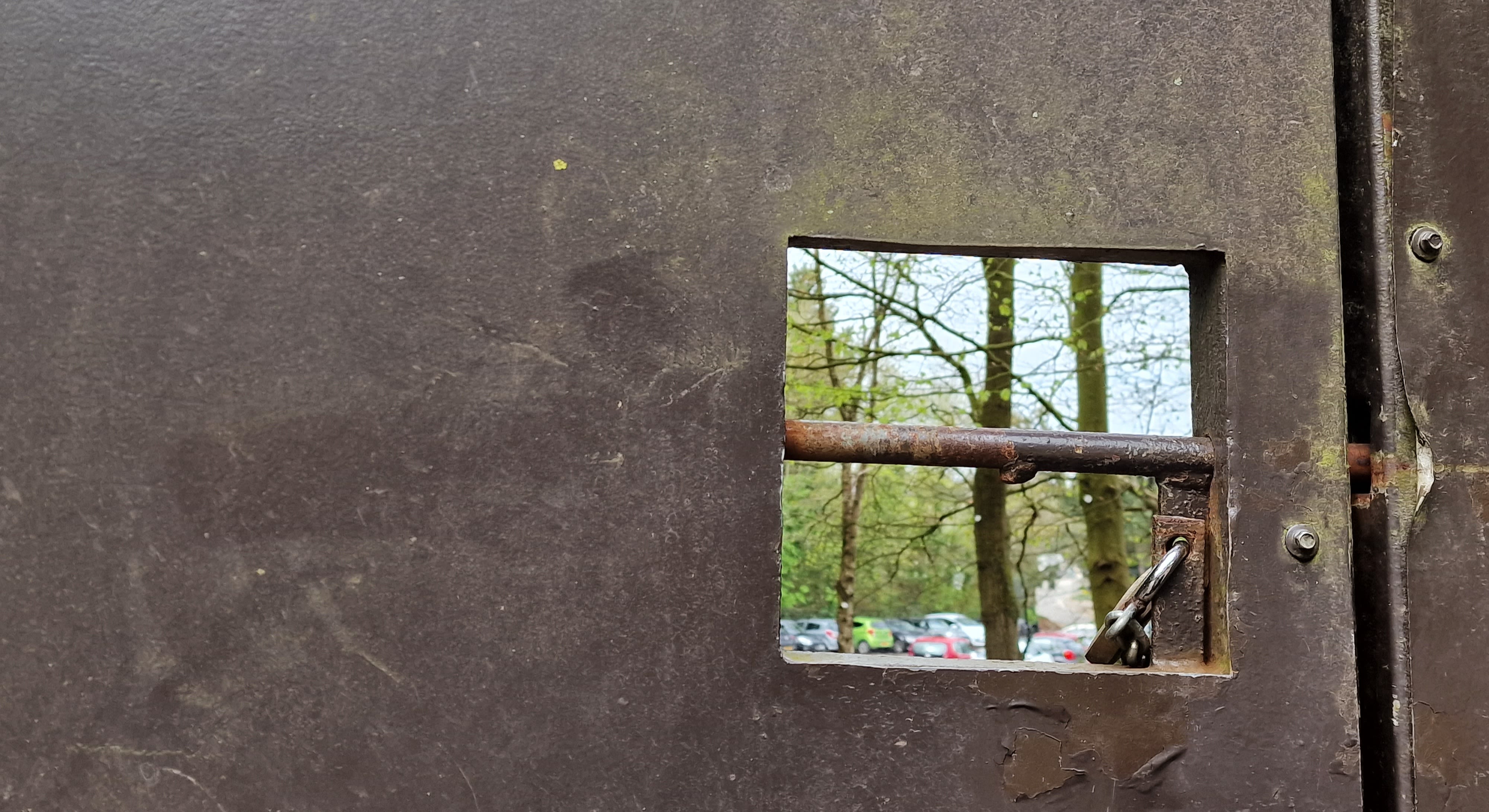
But I know that I'm not alone.
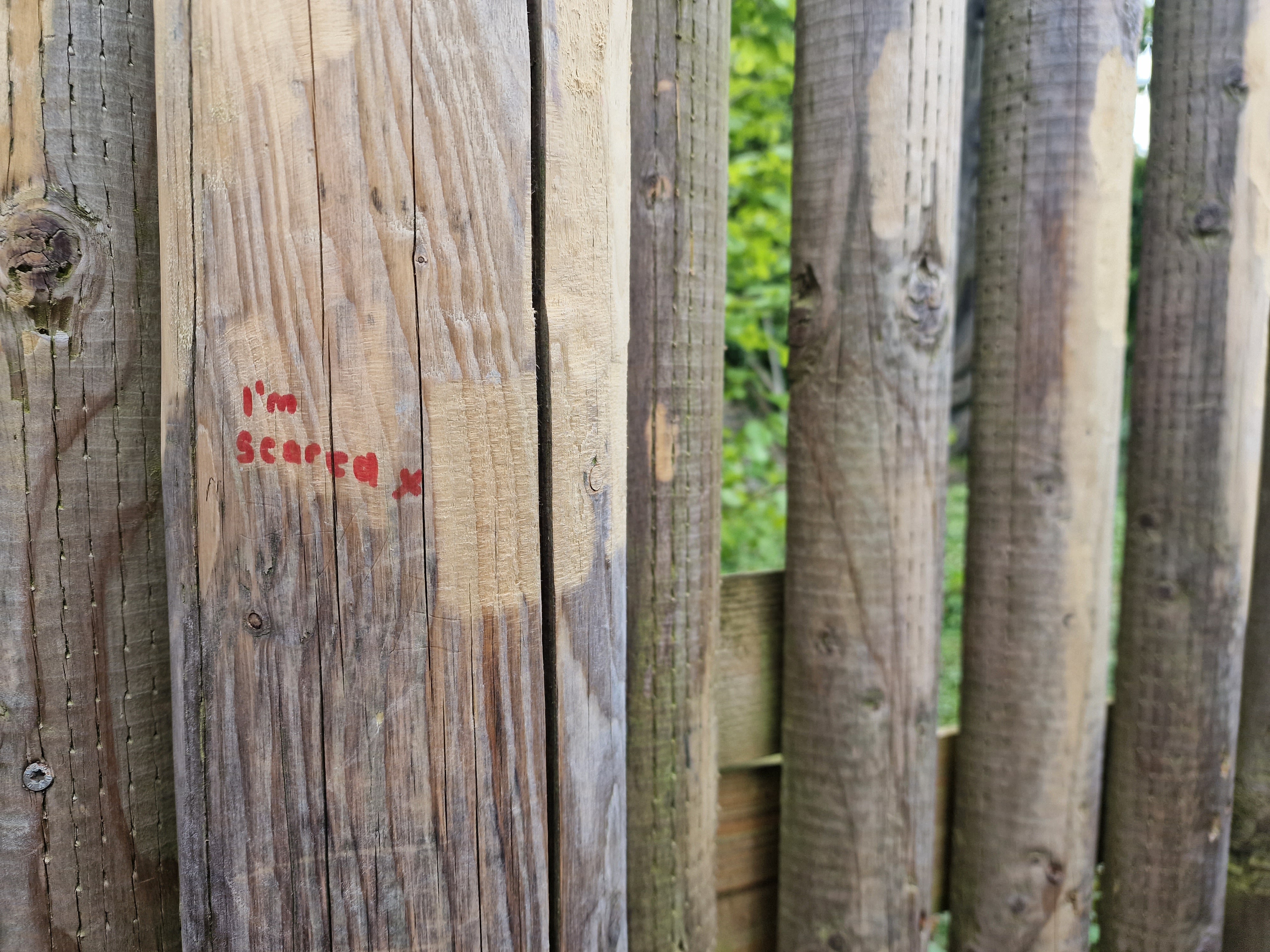
58 per cent of people in the UK are afraid of heights.
Add to that the speed, the wait, the screams, and the fear as you triple-check that you're strapped in correctly.
Hold on for dear life.
A railway with sharp turns, unpredictable changes, and sudden drops as you scream for your life.
It sounds like a form of torture.
Laweeza Mahmood, 22, London
“The last time I went on a rollercoaster was eight years ago, I was influenced by my friends, so I felt obliged.
"I was scared and I had anxiety, it was awful, I didn’t like the feeling at all.
“I would never ever go on a rollercoaster again.
“The height freaks me out and the horror stories of them breaking down. I hate the feeling you get in your stomach when it drops or suddenly goes up very high.
“I don’t like any aspect of rollercoasters, they are unsafe.
“Stories of them failing and people getting trapped has influenced my fear and added to my phobia.
"Never again."
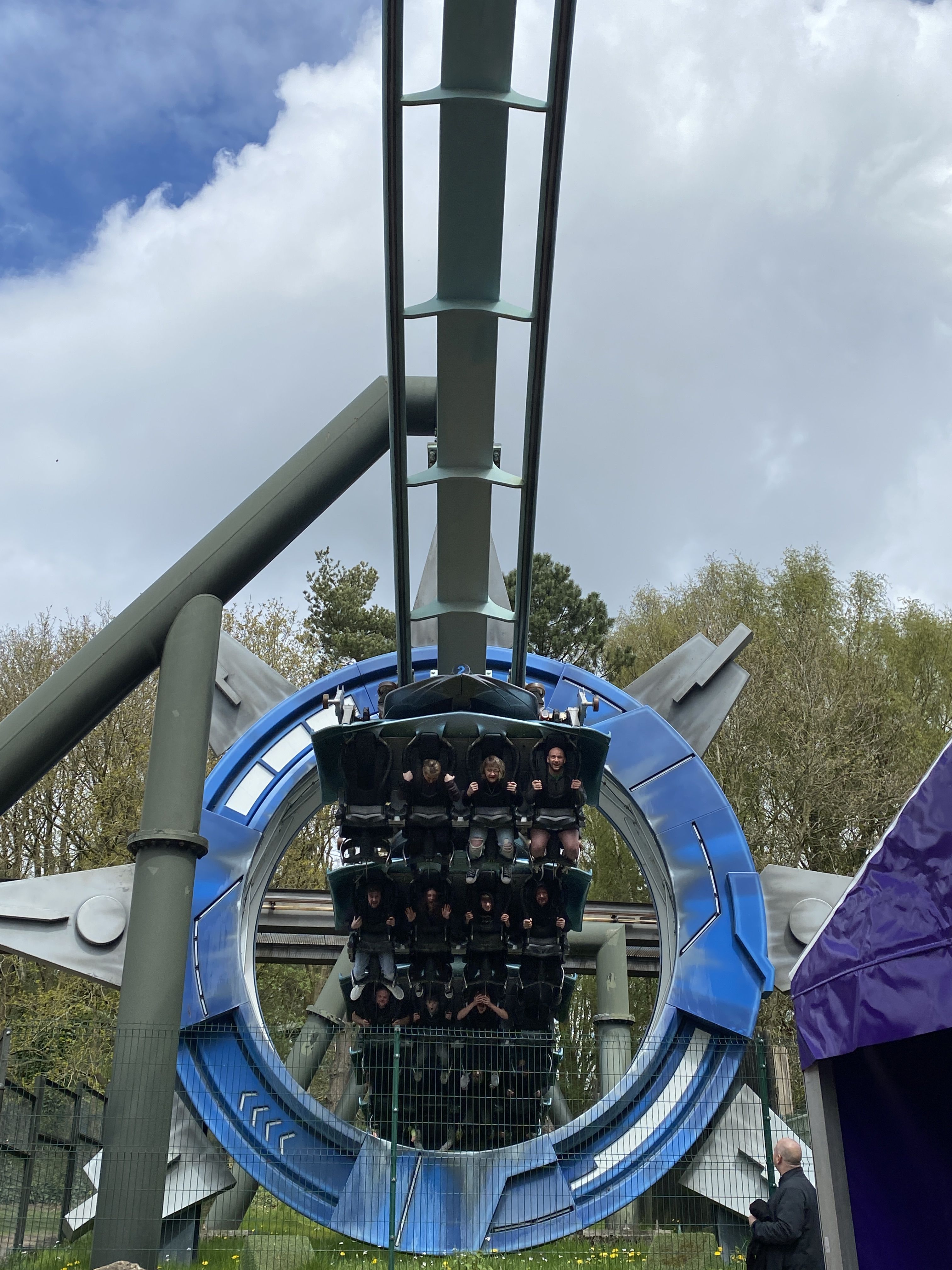
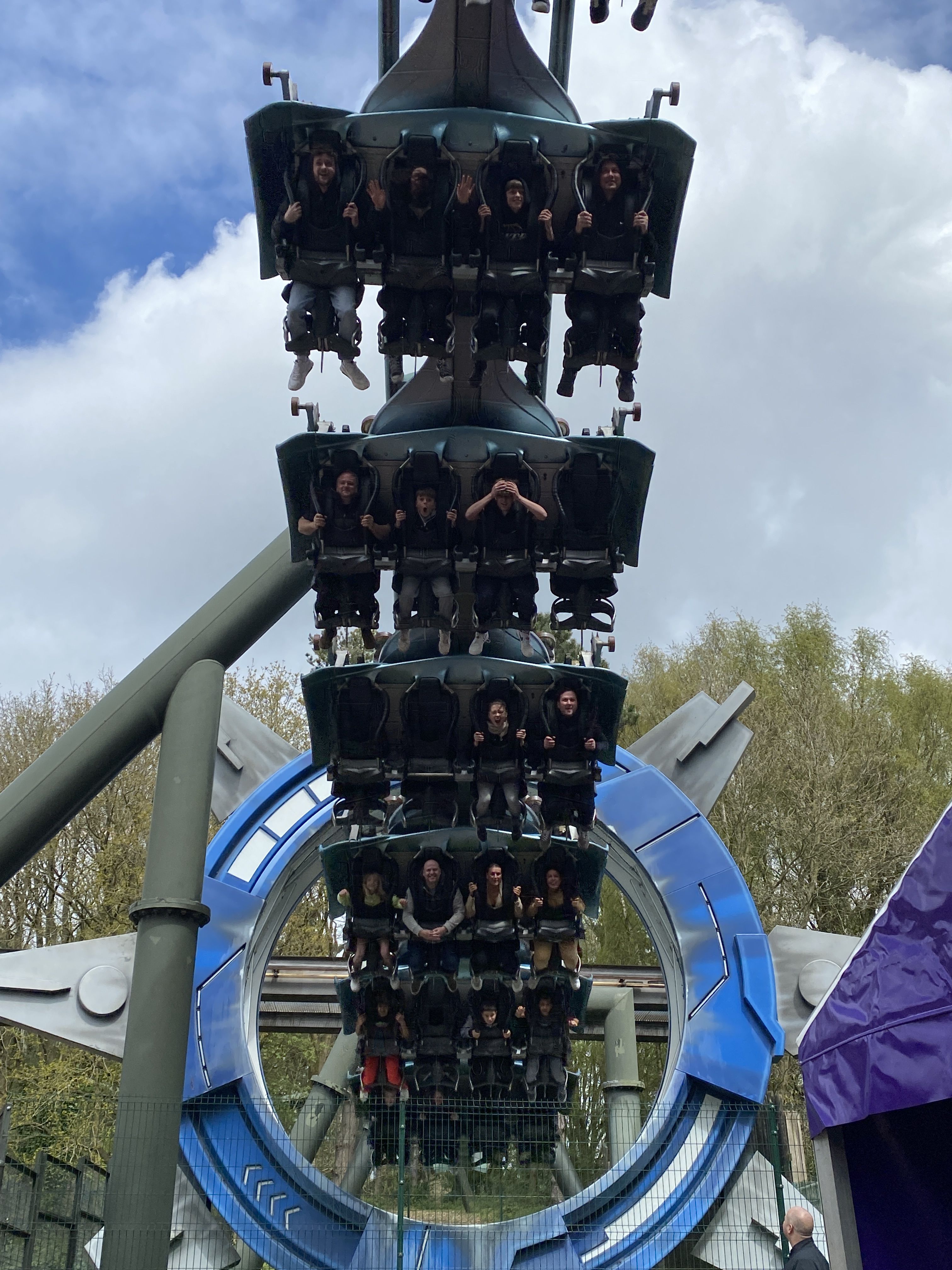
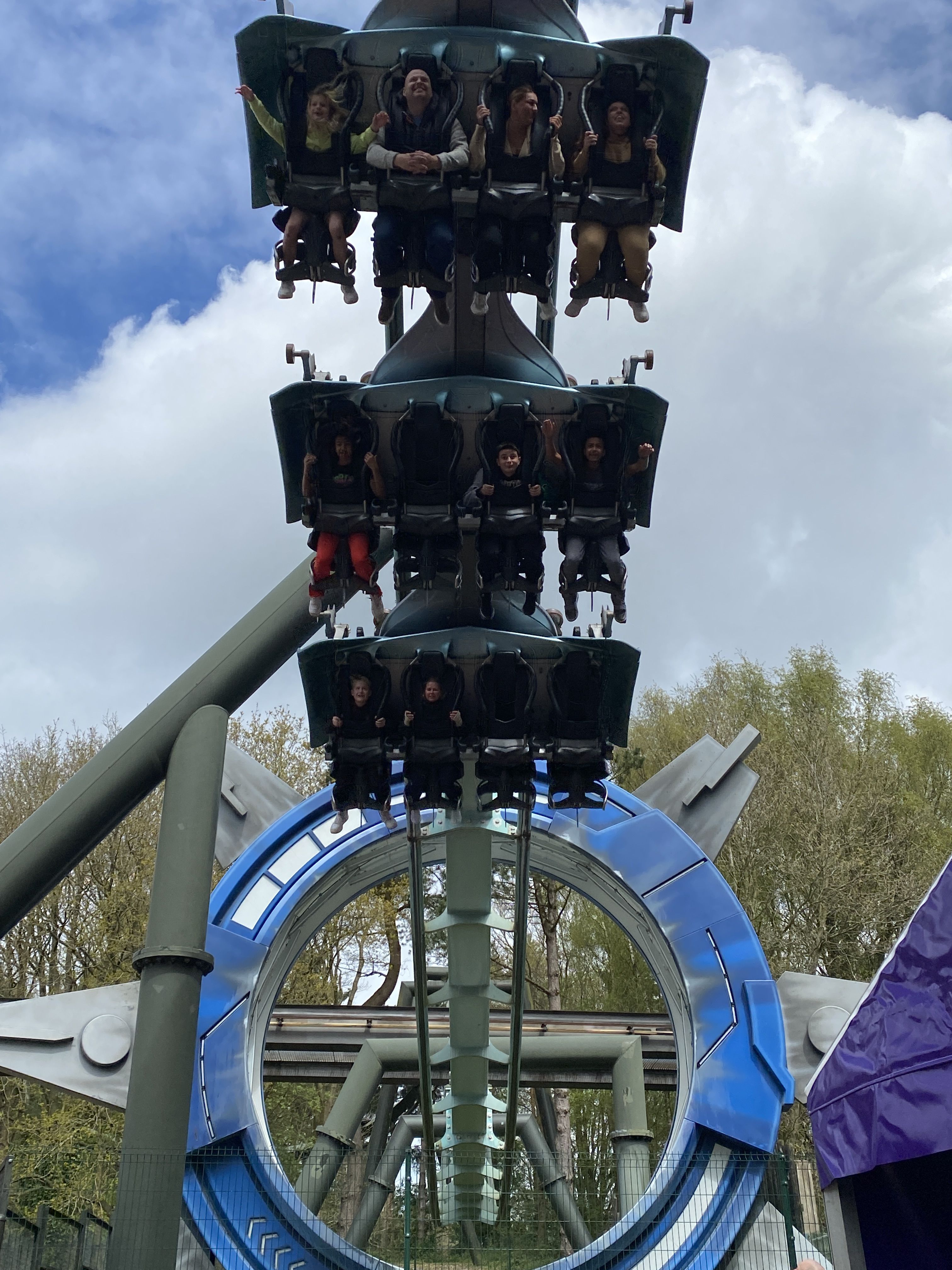
Where does the fear stem from?
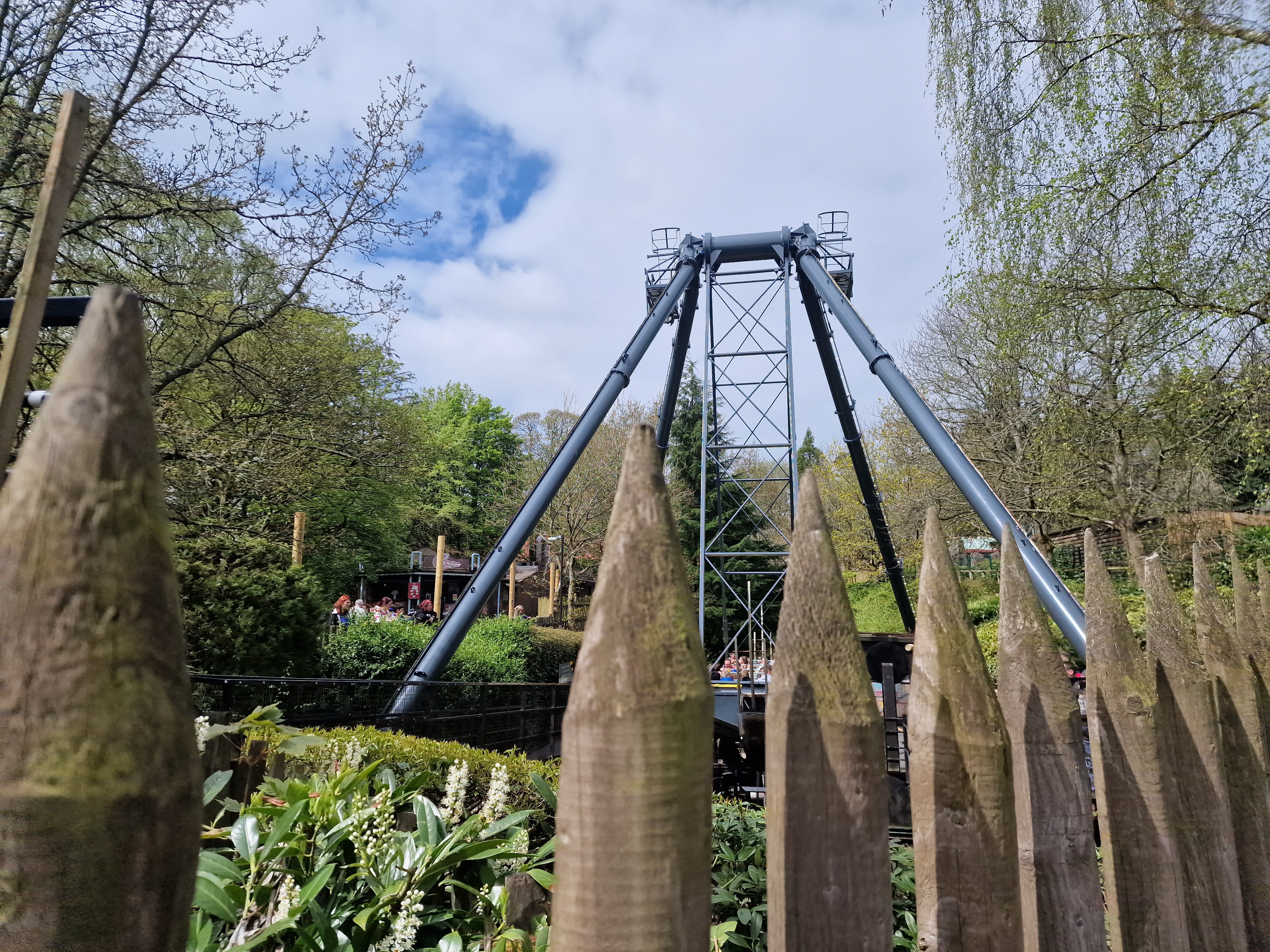
June 2 2015
16 people trapped and 4 seriously injured.
The Smiler.
The 14-loop ride that devastated lives.
A loaded carriage crashed into an empty train resulting in two teenagers with amputated legs.
Vicky Balch and Leah Washington.
A collision that will never be forgotten.
The ride lives on today.
Najia Atif, 55, consultant psychologist
"Rollercoasters are intentionally designed to evoke strong emotions.
"Experiencing a lack of control, being faced with heights, and unnaturally fast speeds may be some reasons why people are scared.
"Fear is engrained in all of us, it is an evolutionary tactic designed to keep us safe.
"Fear is experienced when we feel physically or psychologically under threat.
"There is not just one cause of phobias, it can be unclear why someone has a phobia.
"Reasons are vast, and may include a response to traumatic experiences, early learned responses to perceived threat or genetic factors.
"The signs of a phobia is anxiety when faced with the object of fear.
"Signs can be physical, such as light-headedness, hot or cold flushes, chest tightness or pain.
"Signs can also be psychological such as a fear of losing control, or dying.
"Any thrill-seeking situation, such as a rollercoaster poses some kind of risk, whether real or perceived."
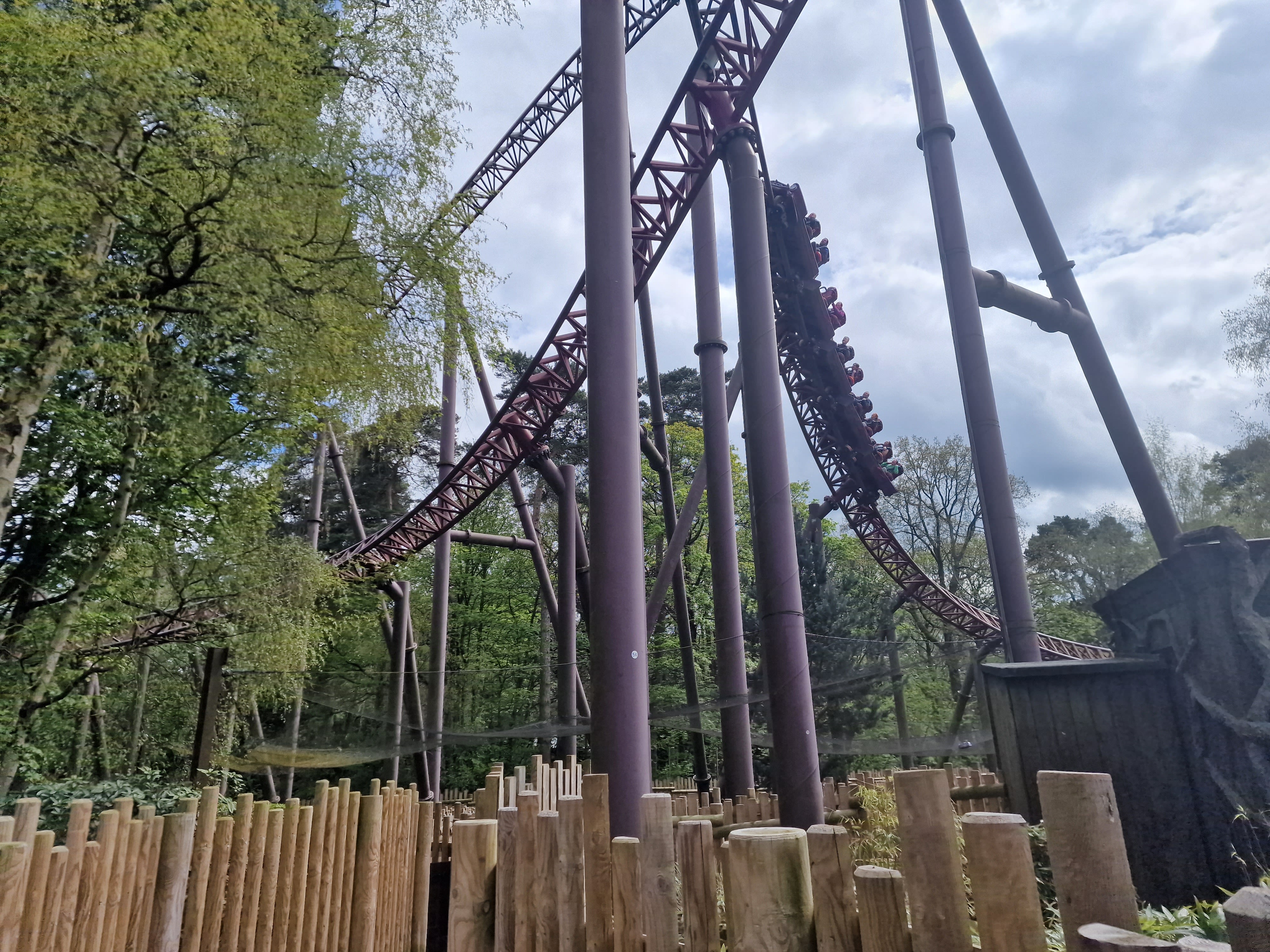
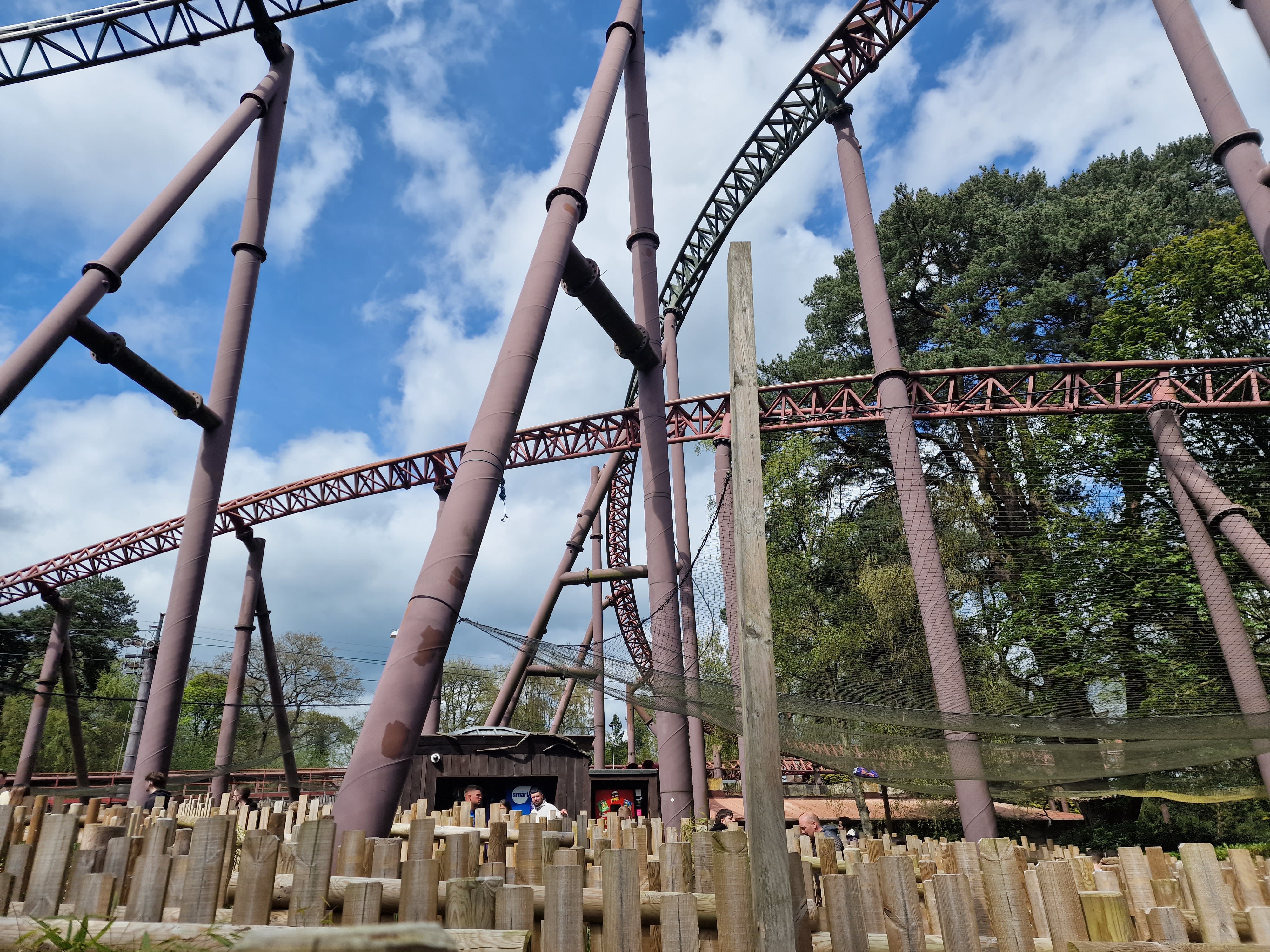
A wooden rollercoaster, like many others, closed to the public.
Not everyone is phased.
Alton Towers had 1.8 million visitors in 2021.
People who know the danger but continue to visit.
Thrill-seekers.
Anna Morrish, 35, Stamford
“It’s an adult’s playground, on top of that you have rides that give you that adrenaline rush.
“It gives you that feeling of experiencing something new and scary for the first time all over again.
“There’s only one that makes me nervous every time and that’s Oblivion.
“It lasts just a few seconds, but that fall is just something you can’t experience on other rides.
“Your body wants to fight against it but has no control, as a control freak, it goes against every part of who I am.
“That rush is something you can’t get elsewhere.
“You go on at your own risk.
“When I’m locked in there’s always a slight sense of panic, the movie, Final Destination might have something to do with that.
“They have regulations so they should be safe, but I understand there’s an element of risk.
“Accidents happen.
“If we stopped doing everything just because someone had an accident somewhere while doing something, we’d all do nothing.
“It’d be a miserable existence.”
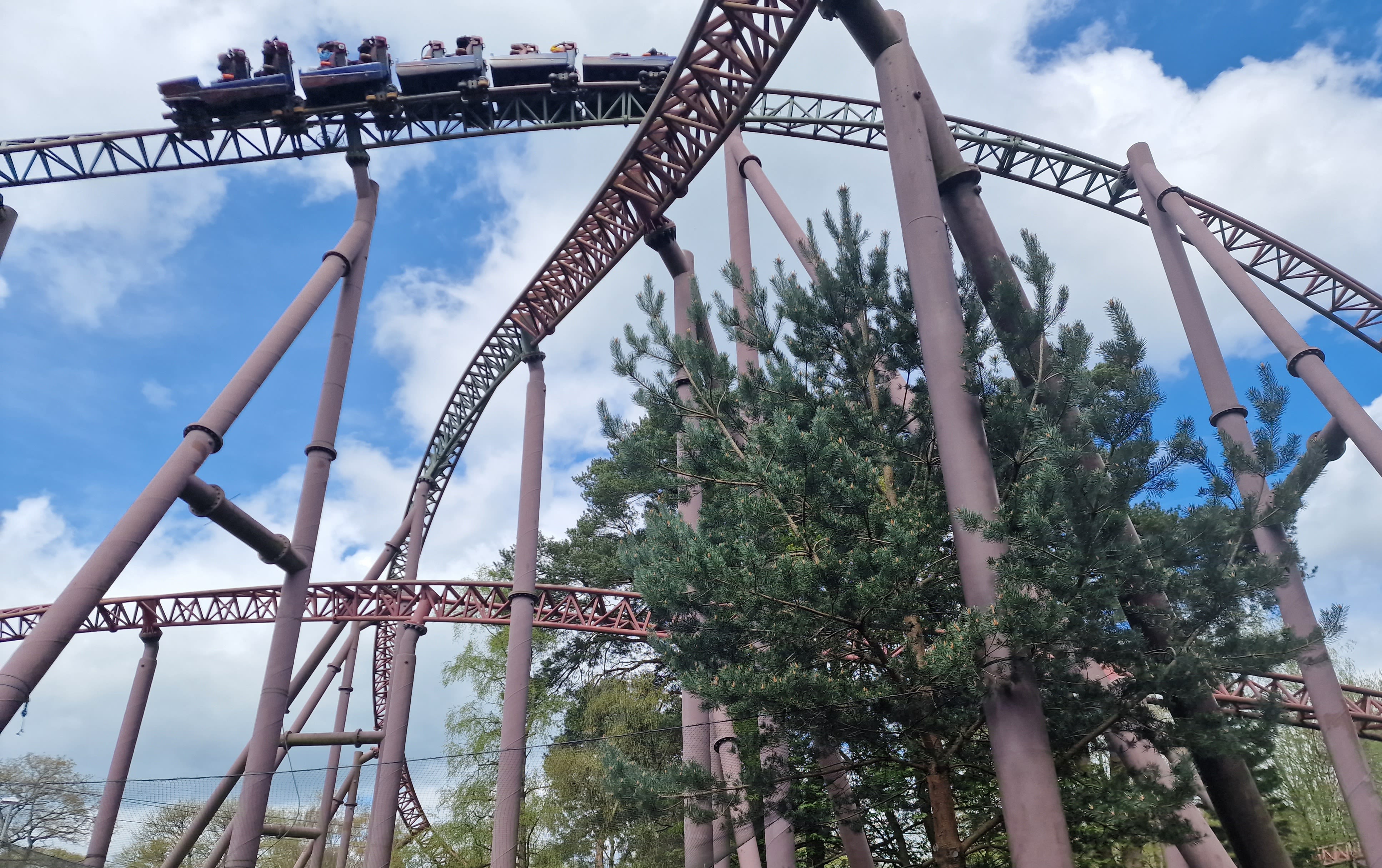
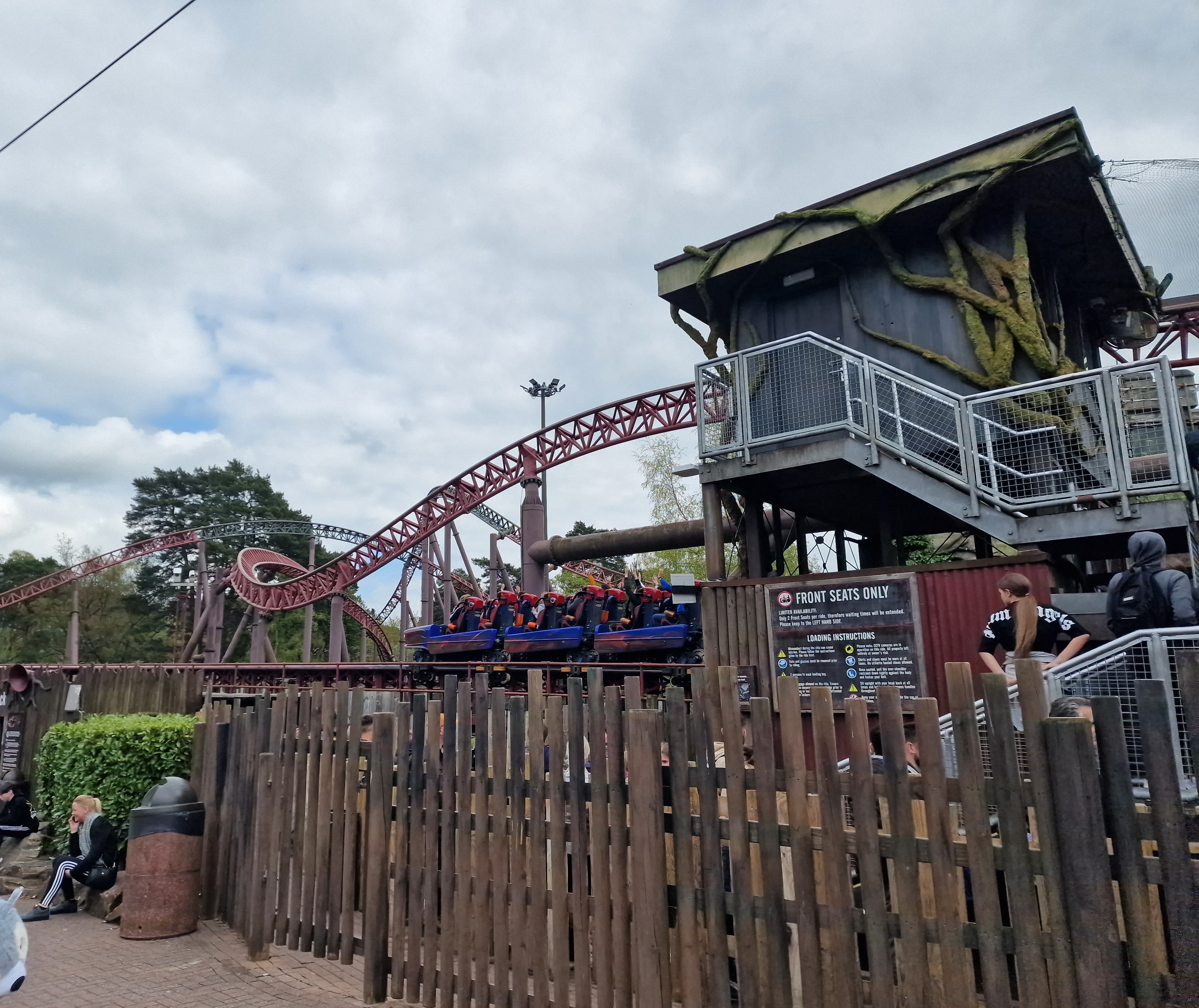
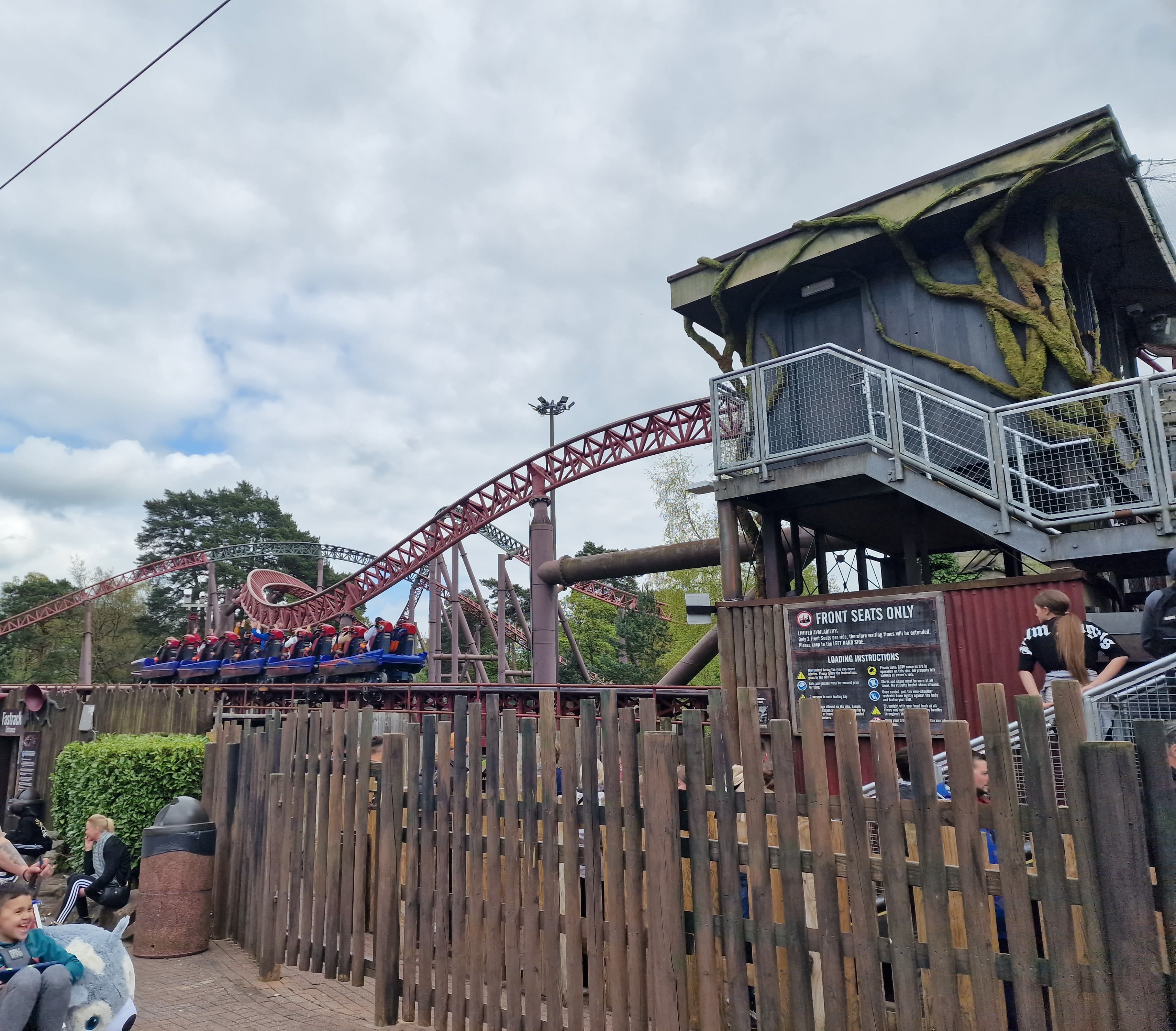
As night dawns...
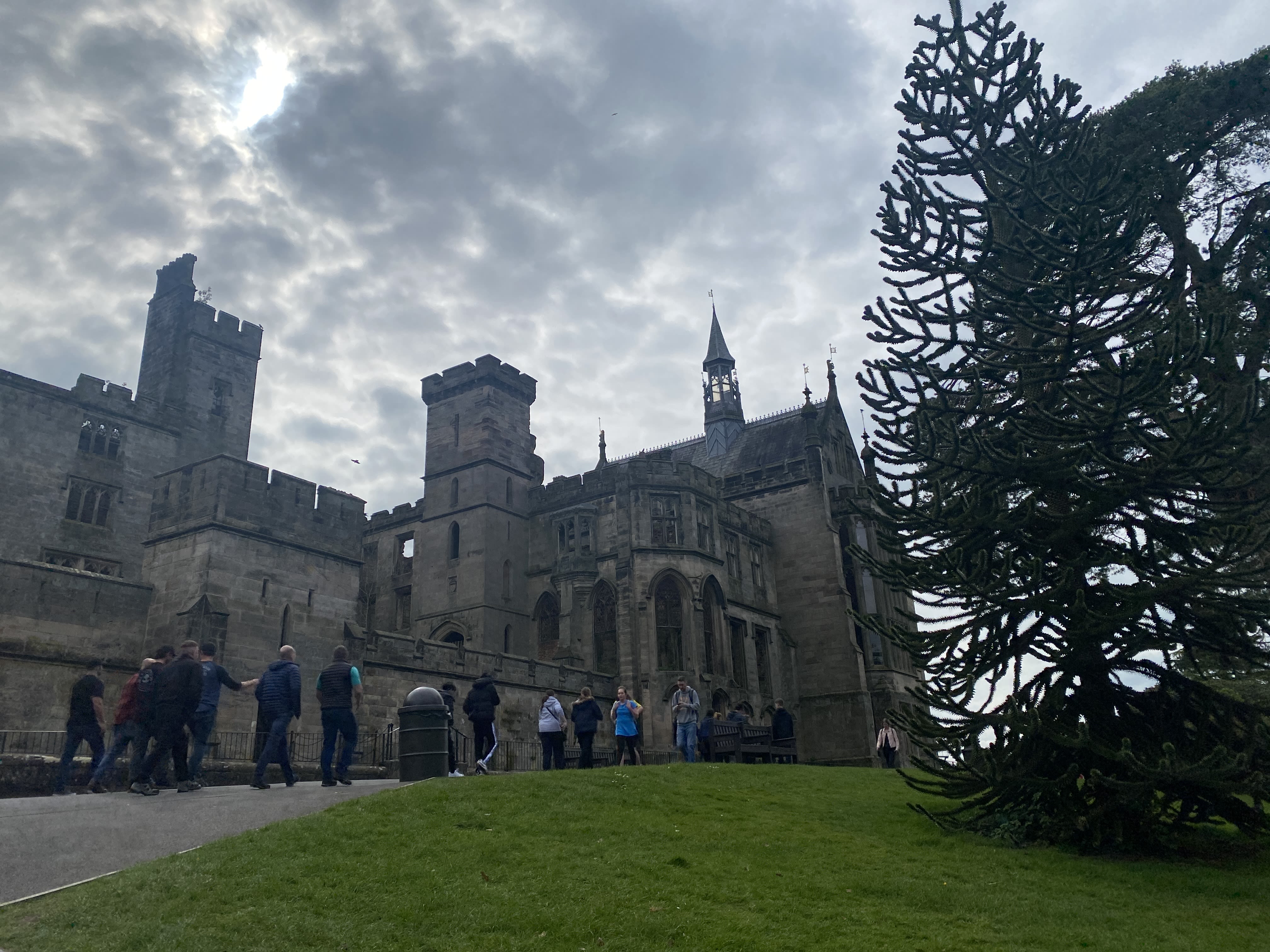
And the sun sets...
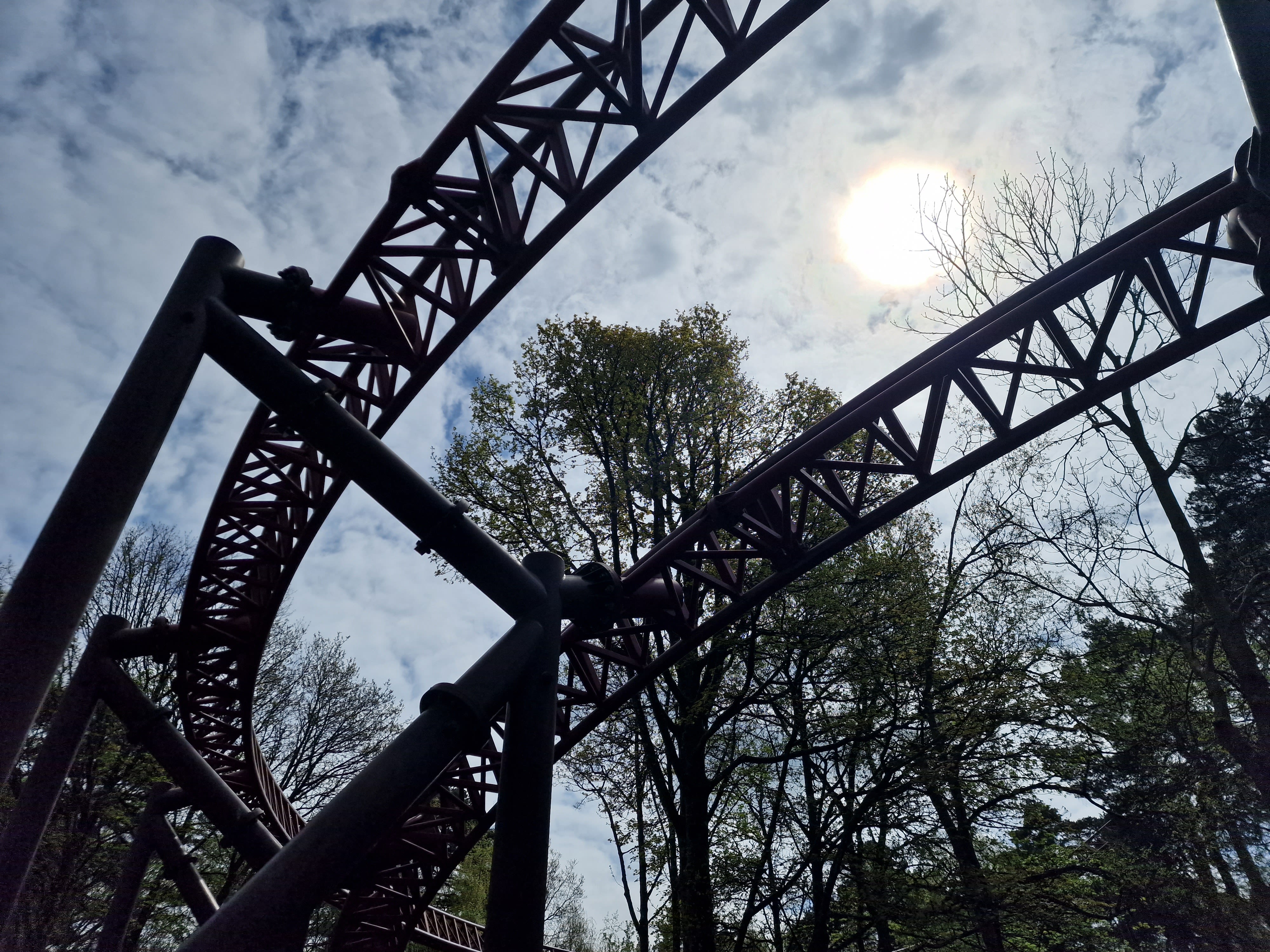
Get out while you can.
